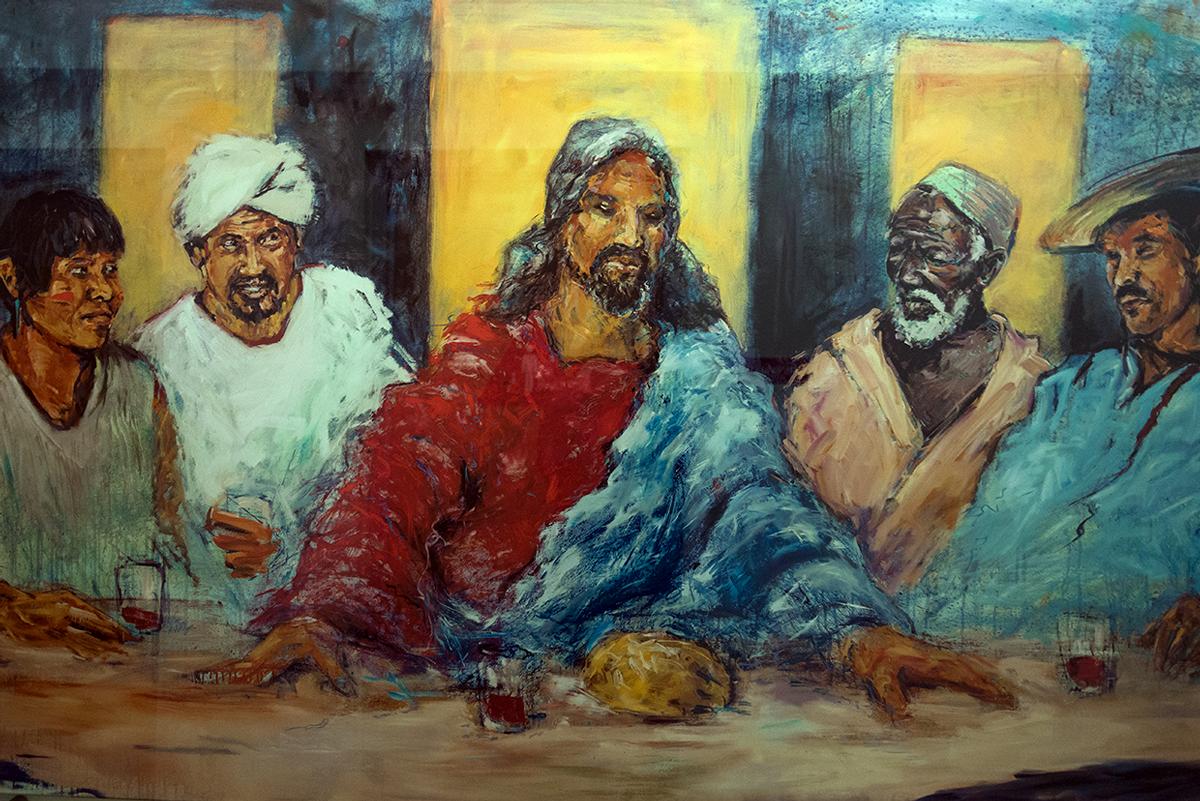
“Where are you from?” These four simple words create a typical question asked when meeting someone new. Despite finding myself on the receiving end of that question countless times, I never know what to say. I can answer with my birth country, “Costa Rica.” Unfortunately, that brings up even more tricky questions. I find myself launching into explanations on how I am not Costa Rican by blood but rather a missionary kid. I moved to the United States, Tennessee to be exact, when I turned 10 years old. Answering with “Costa Rica,” I leave out an important nine years of my life living in Tennessee. However, if I respond with “Tennessee,” I leave out my birth country and childhood. So what do I say?
When people ask “Where are you from?” they wish to know where my home is. Where do you go during breaks? Where do your parents reside? Where did you live before attending Biola? Unfortunately, I cannot answer any of those questions with a certain, or even the same, place. In fact, I do not consider myself to really have that “home” everyone pictures, and I am not the only one who has this view point.
“I don’t know about other people who grew up in one house where home for them is that one place, that one building. But for me home is a temporary place. I can uproot and home just changes wherever I am, wherever I’m sleeping at the moment,” said a fellow MK, or missionary kid, Emily Park.
Emily, a senior English major, grew up in Albania with Korean missionary parents. She considers herself a TCK, Third Culture Kid, with a mix of Albanian, Korean and American culture.
While living in Tennessee, I felt like an outcast. Despite the rare occasions when someone attempted to understand my cultural differences, no one truly could. Never during my nine years living in Tennessee did I meet someone who also lived as an MK in a different country. But here at Biola, I learned I am not alone. With over 500 global students and missionary kids attending the university, I easily found other students I can relate to. These students did not really have an answer to the “Where are you from?” or “Where is your home?” questions either.
I could not agree more with Emily when she said, “There are those people, like other MK’s, that once in a while you’ll find that are neither fully one culture nor the other. And then it’s just like ‘oh my gosh we click’ and it’s the best feeling ever.”
Despite stuttering for a few seconds when asked the question, I embrace being able to identify as bicultural. Transferring to Biola gave me the opportunity to understand that I am not alone and it is okay to identify with two or more different cultures. One of the main reasons I chose Biola was because I knew I could come here to find other people like me, people who understand that home does not have to be a specific city or building, but rather many places, including wherever you sleep at the moment.







